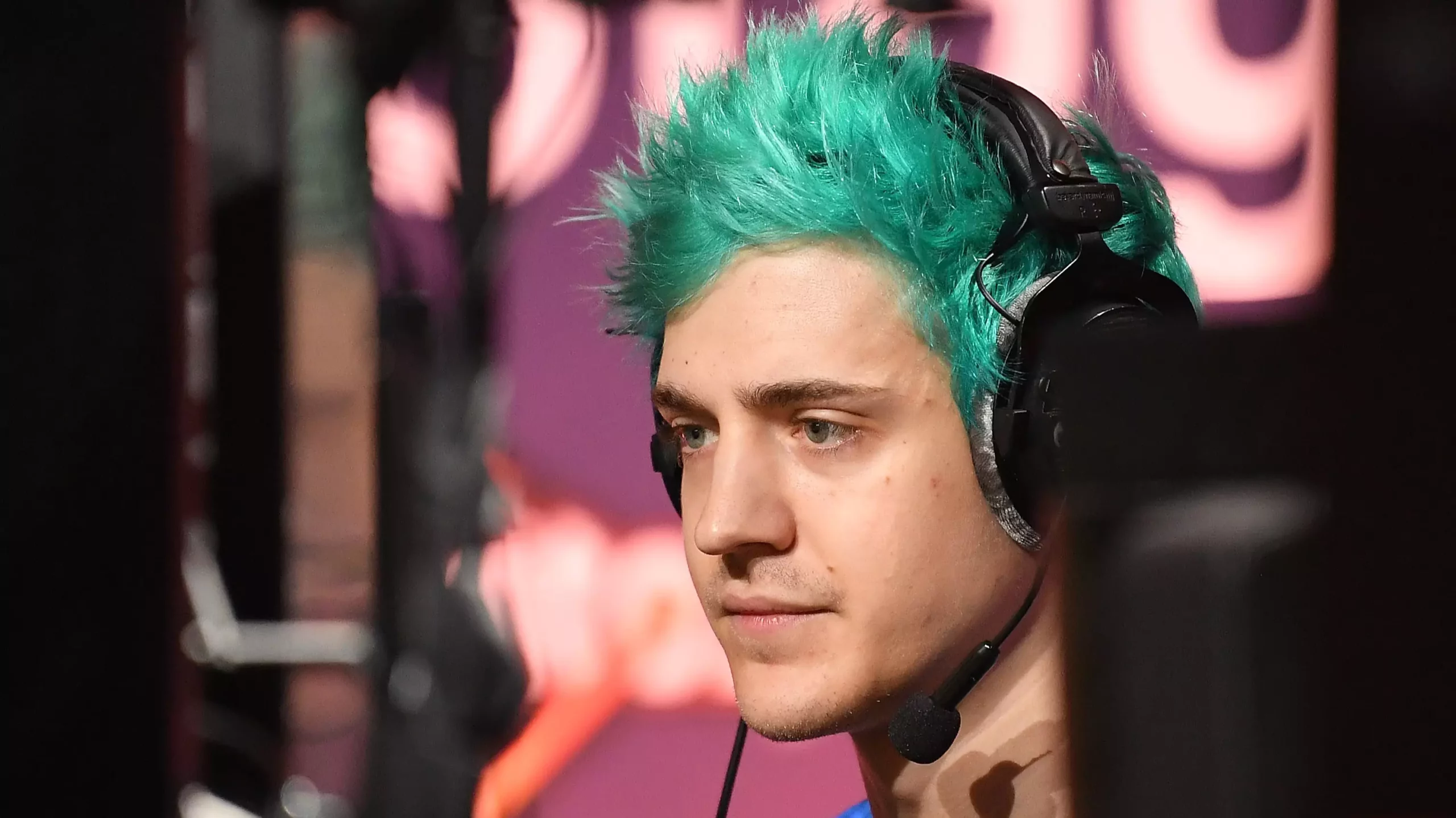In a rare moment of introspection, Tyler “Ninja” Blevins openly reflects on his journey from meteoric rising star to a streamer grappling with the realities of diminished attention and relentless scrutiny. Once undeniably at the pinnacle of online gaming culture, his name became synonymous with Fortnite and Twitch dominance, drawing nearly 700,000 viewers in a single streamed event. Such success was almost unparalleled, cementing Ninja as a household name even beyond gaming circles. Yet, despite the vast wealth and influence he accumulated, a sense of melancholia permeates his recent candid interviews, exposing the emotional weight behind the glitz and glamour.
His trajectory raises a crucial question: what happens when fame becomes a fleeting commodity? Ninja’s story is emblematic of the volatile nature of internet stardom — a space where today’s hero can become tomorrow’s has-been overnight. The decline in viewership, which dips from hundreds of thousands to a mere handful of thousands, isn’t just a numerical change; it acts as an emotional blow, magnified by the incessant online noise that refuses to let him forget his fall from grace. The internet’s unyielding troll culture, which hounds him about his diminishing numbers, underscores how digital applause often morphs into relentless criticism. For Ninja, this isn’t just a challenge—it’s an emotional ordeal that rivals his early days of competitive gaming, which were marked by dreams of legitimacy and recognition.
Authenticity in the Face of Adversity
What makes Ninja’s reflection compelling is his unwavering honesty. Rather than cloaking his struggles behind a veneer of bravado, he admits to the emotional toll exacted by the ebbs and flows of popularity. His revelations about constant online abuse are startling; the troll culture, he contends, is like a game of “whack-a-mole,” relentless and unrelenting. He’s quick to point out that behind the persona and brand lies a human being, vulnerable to the same insecurities and pressures as anyone else.
Despite this, Ninja purposefully emphasizes the close-knit community he maintains, one that has weathered the storms of his shifting prominence. His love for gaming and entertaining remains unshaken, grounded in a passion that predates fame. This resilience signals that, even amid setbacks, his core identity as a gamer and entertainer remains intact. It’s a testament to how authentic engagement—not just superficial popularity—often sustains creators through turbulent times. His acknowledgment of the decline isn’t a surrender but a sign of honesty and self-awareness, qualities often overshadowed by the toxic nature of online fame.
Fighting for a Cause Amid Personal Turmoil
The interview pivots from personal reflection to a showcase of Ninja’s ongoing commitment to philanthropy, central to his latest public engagement—a 24-hour charity stream dedicated to skin cancer detection and prevention. The context here is powerful: after discovering and removing two cancerous moles from his own skin, Ninja transforms his personal health scare into an act of advocacy, encouraging his immense audience to prioritize their health.
This charitable effort underscores Ninja’s innate desire to give back and use his platform for good, despite the personal and emotional challenges he faces privately. The target of raising $250,000 and his vowed contribution reflect a genuine commitment to causes beyond gaming. It’s an act of vulnerability—using his influence not just for entertainment but to draw awareness on critical health issues. His openness about his journey — from health scare to advocacy — exemplifies a resilience that goes beyond mere survival; it’s about transforming pain and adversity into momentum for positive change.
A Reflection on Success, Identity, and Humanity
Ninja’s story, in essence, is a mirror to the complex human experience beneath the superficial glow of internet celebrity. His candidness reveals that despite vast wealth and fame, the emotional landscape remains turbulent, fraught with doubts and insecurities. Yet, through it all, he retains a palpable sense of purpose—an enduring love for gaming and a desire to make meaningful contributions, whether through charity or community-building.
In a digital age captivated by snapshots of perfection, Ninja’s raw honesty stands out as a reminder: behind every persona is a person facing the same fears and struggles. His journey underscores the importance of authenticity, resilience, and using one’s influence responsibly. While the numbers no longer suffice to define his worth, his capacity to inspire empathy and action—especially on critical health issues—proves that the human side of content creation remains powerful.
Far from being a story of decline, Ninja’s narrative is one of profound resilience, highlighting that true strength lies in embracing vulnerability, owning one’s story, and striving to leave a lasting positive impact amid personal and professional upheaval.

